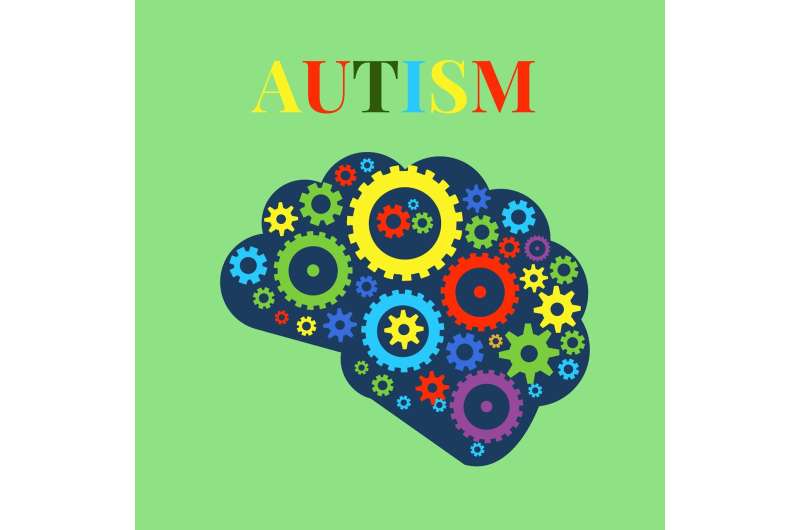Creating Neuro-Inclusive Universities to Support Autistic Student Success

Discover how universities can become more neuro-inclusive, supporting autistic students through tailored policies, supports, and inclusive practices that promote their success and well-being.
As the prevalence of autism continues to rise, an increasing number of autistic individuals are pursuing higher education. While these students bring valuable strengths such as creativity, focus, and originality, they often face systemic barriers that hinder their academic journey. Issues like limited access to autism-specific supports, sensory overload, and mental health challenges contribute to lower graduation rates among autistic students.
To foster truly inclusive campuses, universities need to implement comprehensive policies and practices that recognize neurodiversity. This includes offering tailored accommodations—such as extended test times, quiet testing environments, and note-taking assistance—accessible through formal diagnoses, which can be costly and delayed. Recognizing that not all students disclose their diagnosis, institutions should adopt neuro-inclusive measures that benefit all students.
Currently, only a small percentage of post-secondary institutions in Canada provide dedicated autism-specific services. Barriers like funding and insufficient staff training limit the development of these supports. Experts recommend involving neurodivergent students, faculty, and staff in policy creation, alongside providing mandatory neurodiversity training using free, evidence-based modules. Such training helps staff understand autism and apply universal design principles to create accessible learning environments.
Some institutions, like the University of Calgary and the University of Victoria, have begun establishing wraparound services—such as specialized advising, transition support, and mentorship groups—that significantly improve the student experience. Comprehensive support networks, including accessible spaces like sensory-friendly rooms and smaller libraries, foster a sense of community and provide much-needed respite.
Students are encouraged to explore available on-campus services and extracurricular activities, seek funding opportunities for assistive technologies, and build strong relationships with peers and educators. Developing peer mentorship programs and finding sensory-friendly campus areas are also critical strategies to promote mental well-being and academic success.
Creating an inclusive environment requires ongoing effort, collaboration, and resource allocation. Combining institutional initiatives with individual strategies can make universities welcoming spaces where neurodiverse students thrive, contributing to a richer, more diverse academic community.
This article is based on research and insights from Megan Ames, Carly McMorris, and contributions from autistic students, emphasizing the importance of systemic change to support autistic learner success.
Source: https://medicalxpress.com/news/2025-09-universities-neuro-inclusive-autistic-students.html
Stay Updated with Mia's Feed
Get the latest health & wellness insights delivered straight to your inbox.
Related Articles
Study Reveals COVID-19 Pandemic Had Greater Negative Effects on Women's Health than Men's
Research shows that the COVID-19 pandemic had a more significant negative impact on women's mental and physical health behaviors compared to men, highlighting the need for targeted support strategies.
Using Digital Games to Educate and Destigmatize Mental Illness
Exploring how digital games can be effective tools for mental health education and destigmatization, this study highlights their potential to foster empathy and understanding of depression.
Parenthood and Widowhood: 25 Years of Insights on Loneliness and Family Bonds
A comprehensive 25-year study reveals that close parent-child relationships do not significantly reduce loneliness in widowed individuals. Emotional loneliness persists despite strong family bonds, highlighting the need for targeted mental health interventions.



